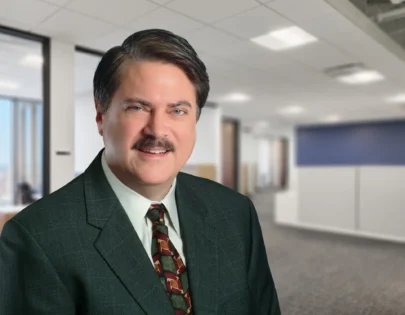Landfill odor. Sewage treatment plant odor. Hog, cattle and chicken odor. Industrial manufacturing facility odor. Paper mill odor.
There is a national rise in complaints about these and other perceived odor nuisances – and their related industries – with plaintiffs’ lawyers around the country aggressively pursuing clients to file odor nuisance cases. Companies who are targets of odor complaints must be concerned with both litigation and regulatory action.
Odors are fundamentally complex because they are not perceived or identified consistently by everyone. Plaintiff’s lawyers use the complexities of odor and subjective testimony to overcome agreed-upon criteria for measuring and monitoring odors. They may also distort state compliance thresholds to skirt liability requirements. Additionally, those who stand to profit from odor litigation may also spawn negative social media posts that can quickly go viral, promoting a public “rush to judgment.”
We understand how deeply odor nuisance allegations can affect our clients’ businesses. We are experienced with these threats and risks. For real odor problems, we can counsel clients on how to continue their work of being good neighbors and reducing complaints. And, when litigation is unavoidable, we aggressively defend our clients in courts across the country.
Our team of toxic tort attorneys is experienced in thwarting odor nuisance claims and understands the complicated science, the vagaries of local and state laws, the media pressure points and the heightened public emotions that can accompany public and private odor nuisance suits and related claims. If plaintiffs’ counsel is intent on trying a case, we have experience successfully trying these cases to verdict.
For client companies assailed by odor nuisance allegations, we frequently serve as litigation and trial counsel in defending – and defeating – odor nuisance suits nationwide. Recent client successes have included:
- Defense verdicts
- Summary judgments
- Voluntary dismissal of claims by plaintiffs
- Favorable settlements
- Denial of class certification
- Nominal plaintiff verdicts and dismissal of punitive damages
- Reversals on appeal
- Insurance recovery of over eight figures
- Changing of state nuisance laws
Additionally, we perform due diligence investigations, counsel on regulatory compliance and represent our clients in administrative and judicial proceedings at the local, state and federal levels. We work with a wide range of industries all over the country – handling both tort allegations and environmental issues when they arise. We can help with:
- Risk and odor audits
- Zoning and permitting
- Odor and emissions control regulations
- Emergency reporting requirements
- Expert testimony (odor modeling, meteorological data, farming practices, entomology, etc.)
- Government relations
- Media/press relations
- Trade association interaction
- All phases of trial representation
- Insurance recovery
As an extension of our client’s team, Lathrop GPM uniquely focuses on three essential elements in combatting the costs of defending against odor complaints – quelling client unease with well-informed representation at any or all three points:
- Proactively working with government agencies to ensure compliance;
- Defending against plaintiffs’ claims while battling public misperceptions; and
- Pursuing insurance recovery to help defray costs.
Lathrop GPM offers clients the additional dimension of being able to assist with insurance recovery through its nationally recognized Insurance Recovery & Counseling group, who has a national reputation for successful recovery of litigation costs.
While allegations of odor nuisance damage continue to proliferate, our team of toxic tort attorneys have decades of experience defending clients in odor litigation. Examples of our wide-ranging industry familiarity and success are highlighted below.


